In a dusty Bihar village, Meena Devi stands in line for her monthly ration of rice and wheat. She’s never heard of GST 2.0 or “Bachat Utsav,” but she knows hunger—and without the free food from the government, her family would not survive. This is the reality for over 800 million Indians who still rely on subsidized food to make it through the month. Against this backdrop, the government’s latest slogan—Bachat Utsav, or “Savings Festival”—feels disconnected from the daily struggles of India’s poor.
GST 2.0: Reform Draped in Festivity
On September 22, the government introduced GST 2.0, collapsing multiple tax slabs into two rates—5% and 18%—aimed at simplifying compliance and reducing the tax burden on essentials like food, medicine, and insurance. Luxury goods remain subject to a 40% cess. To celebrate, the government launched “Bachat Utsav,” presenting the reform as a “double bonanza” for the poor and middle class, and aligning it with the festive spirit of Navratri.
But for those struggling to make ends meet, the idea of “savings” presupposes one thing: disposable income.
The Consumption Paradox
Savings are born from consumption. If you can’t buy, you can’t save. And if you’re barely affording the essentials, even a 5% tax reduction still feels like a burden.
India’s poorest households consume little from the formal economy. Their purchases are irregular and often informal, relying on government aid, community support, and subsistence living. GST relief is an abstraction for them—too distant to matter.
Official data confirms this: over 80 crore Indians rely on free rations through schemes like PM Garib Kalyan Anna Yojana. These people aren’t shopping for insurance policies or luxury goods—they’re counting calories.
Who Gains, Who’s Left Behind?
The true beneficiaries of GST 2.0 are the middle class and small businesses. For salaried individuals, the tax cuts on essentials may provide modest relief, and MSMEs could see simplified compliance. But these reforms aren’t poverty-alleviation measures. There are no direct cash transfers, no increased subsidies, and no new job guarantees. They don’t address inflation, unemployment, or rural distress—and they do nothing to close the divide between urban affluence and rural poverty.
The Optics of Celebration
Branding the reform as “Bachat Utsav” may be a marketing win, but it misses the mark in moral messaging. Announcing tax reforms is one thing; celebrating them while millions still struggle to survive is another. For the poor, this is no festival—it’s a stark reminder of exclusion.
The slogan is aspirational, aimed at a consumer class, not a survival class. It assumes choice, agency, and purchasing power—luxuries most Indians don’t have.
A Familiar Pattern of Disconnect
This isn’t the first time policy branding has outrun reality. From Digital India to Startup India, slogans often outpace tangible change. In rural India, where unemployment is high and healthcare scarce, a “savings festival” sounds out of touch. In urban slums, where families survive on ₹100 a day, it’s offensive. In tribal regions, where basic services are rare, it’s irrelevant.
What Could Have Been
Imagine if the resources spent on branding Bachat Utsav had gone into expanding MGNREGA, enhancing food subsidies, or testing universal basic income. What if GST relief had been paired with direct cash transfers for the poorest? Imagine if the celebration had been backed by substance.
Tax reform is necessary, but celebration without inclusion is hollow. If the government truly wants to uplift the poor, it needs more than slogans—it needs tangible support.
The Road Ahead
India is at a crossroads. On one side, there’s growth, digital transformation, and rising global stature; on the other, persistent poverty and inequality. Bridging this divide requires more than tax changes—it requires empathy, vision, and courage.
GST 2.0 may be a step forward in economic reform, but Bachat Utsav is not a step toward social justice. Until survival is no longer a concern, savings will remain a distant dream for millions. And no amount of festive rhetoric will change that.
(Views are personal.)
(Krishan Gopal Sharma is a freelance journalist, retired as a senior officer from the Indian Information Services. Contributed to leading dailies in India and abroad, covered major summits like BRICS, ASEAN, and Metropolis, and served as an International Media Consultant with UNICEF (Nigeria) for their Polio Eradication campaign.)
.jpg)
 Krishan Gopal Sharma
Krishan Gopal Sharma 
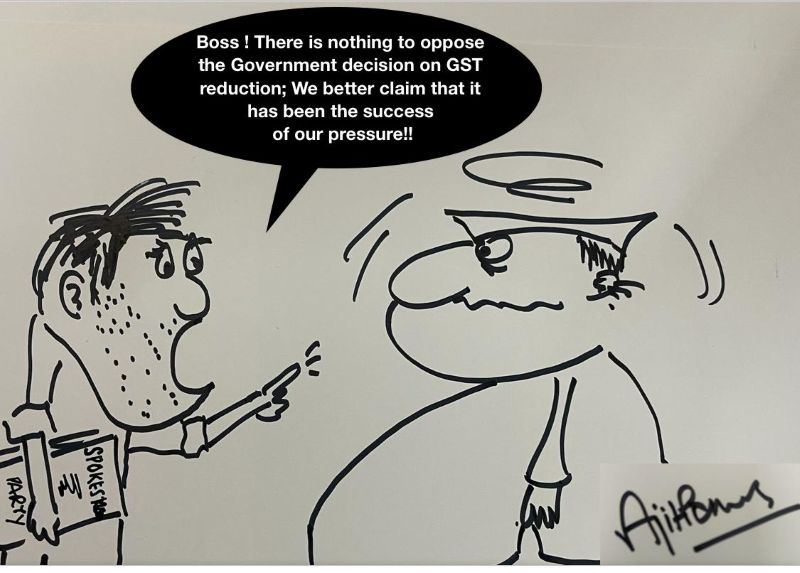


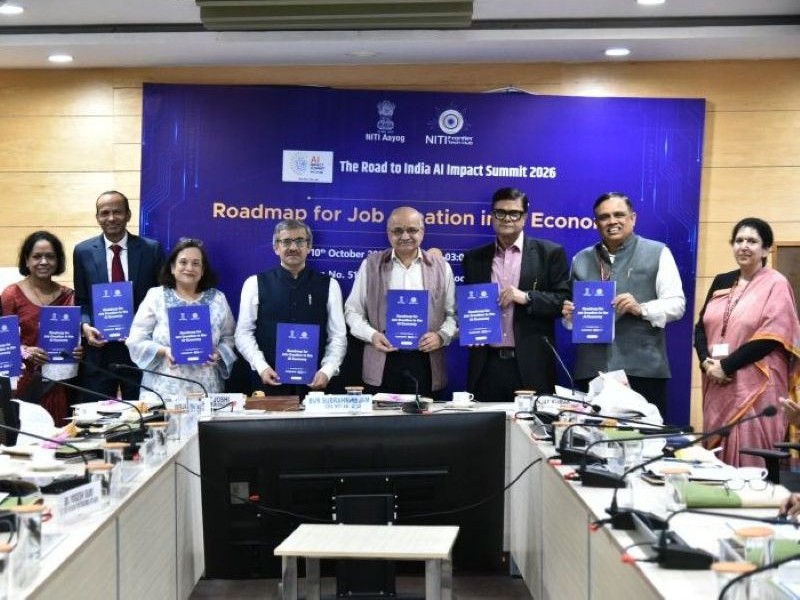

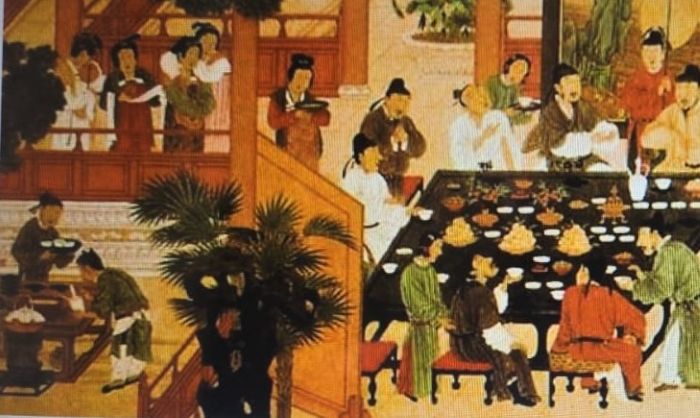

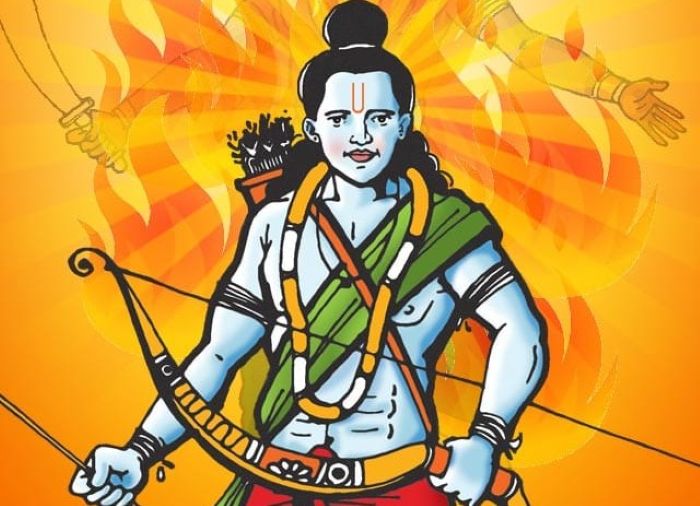

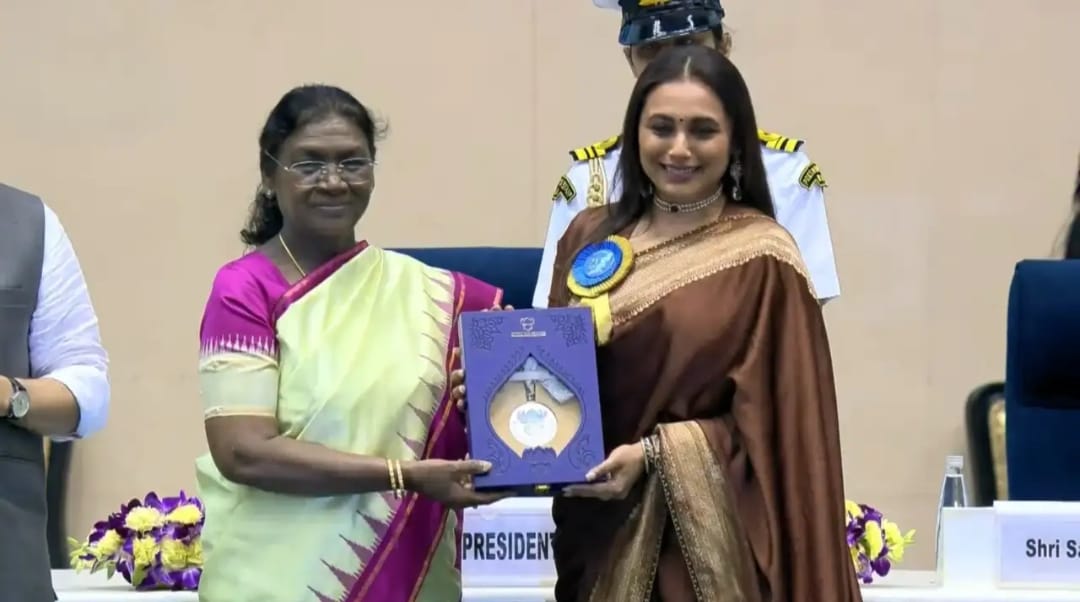

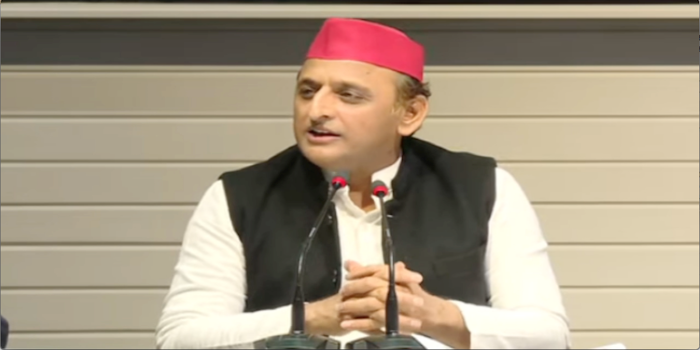

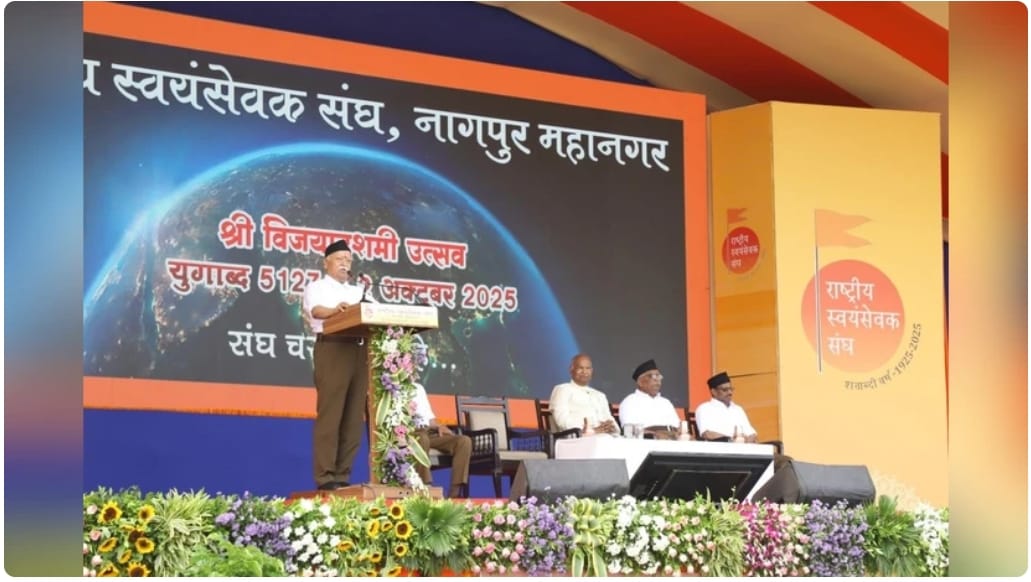



Related Items
TMC is hostile to the poor, Dalits, tribals and women of Bengal: PM Modi
Poor Kamal Haasan:CM Siddaramaiah, Not qualified: Haasan
Those who do photo-ops in jhuggis find mention of poor boring: PM